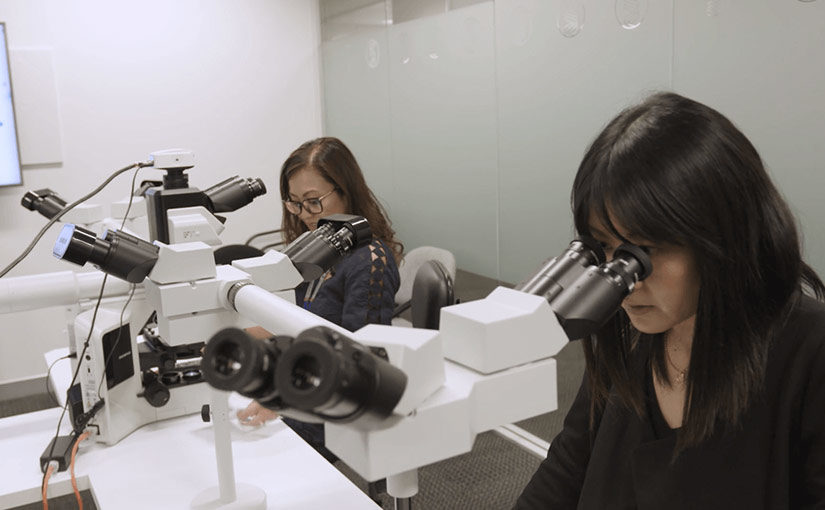It is World Cancer Day (4th February 2021) and one of Australia’s biggest success stories in cancer screening is the National Cervical Screening Program (NCSP). On Monday 1st February 2021, amendments to the cervical screening guidelines came into effect, which is good news for patients.
The cervical screening program was renewed in 2017 and now offers a Cervical Screening Test (CST) to women aged 25-74 every 5 years. This pathology test detects Human Papillomavirus (HPV) which is a virus known to cause the majority of cervical cancers.
The two most high-risk types of HPV are 16 and 18, although some other types do carry a risk, but at a much lower level.
For anyone who tests positive for HPV, pathology laboratories also perform cytology testing, where the cells are examined under a microscope to look for changes that could cause cancer.
This video answers common questions about Cervical Screening Tests
Based on all the data gathered by the pathology team, a patient will be referred for the most appropriate next step.
The changes to the guidelines that came in on 1st February 2021 largely affect people who test positive for HPV that is not type 16 or 18, and then test positive again when they are tested 12 months later.
If the cytology results show that they do not have cancer or changes to their cells that are a high-grade, precancerous condition, these patients can then be followed up again with another CST in 12 months, instead of being referred for a colposcopy.
A colposcopy is when a doctor performs a more detailed examination of the cervix using a special instrument called a colposcope.
When the program was first changed over from the old pap smear test to the Cervical Screening Test that looks for HPV, the approach taken was to be extra cautious and refer all patients who returned an abnormal result for a colposcopy just in case.
Evidence from the renewed cervical screening program was reviewed by a group of experts including the Cancer Council Australia Clinical Guidelines working party, and they determined it is not necessary for most patients in this category to be referred for colposcopy.
Instead, they will be asked to have another CST in 12 months. This is because an estimated 67% of HPV infections resolve by 12 months1 through the body’s own immune response. People with these test results are at low risk of developing cancer or a high-grade precancerous condition within that timeframe and therefore do not need a colposcopy at this stage.
This is beneficial to patients because there will be less people waiting for a colposcopy, so those who need the procedure should receive it more quickly. It also reduces the number of unnecessary colposcopies being performed.
Dr Lara Roeske is a member of the Cancer Council Australia Cervical Cancer Screening Guidelines Working Party and co-author of the National Cervical Screening Guidelines. Dr Roeske told newsGP:
‘The risk for these women is extremely low. In fact, it’s under .02%,’ Dr Roeske said.
‘When the clinical guidelines for the renewed NCSP were released in 2016, there was really a cautious approach adopted, which meant there was universal referral for colposcopy.
‘But what the data is showing very clearly is the majority of women will either clear this infection, or they’ll have a persistent infection without serious abnormality developing in the cervix, and they can be monitored.’
However, there are some people who are considered to be in a higher risk category meaning, if they test positive for HPV at their 12-month follow up test, this recommendation won’t apply to them and they can still be referred for a colposcopy.
This includes;
- women aged 50 years or older
- women who are two or more years overdue for screening at the time of the initial screen
- women who identify as being Aboriginal and/or Torres Strait Islander.
Anyone with questions about cervical screening or cervical health should talk to their GP in the first instance. For more information about the changes visit the Department of Health’s website.
References

